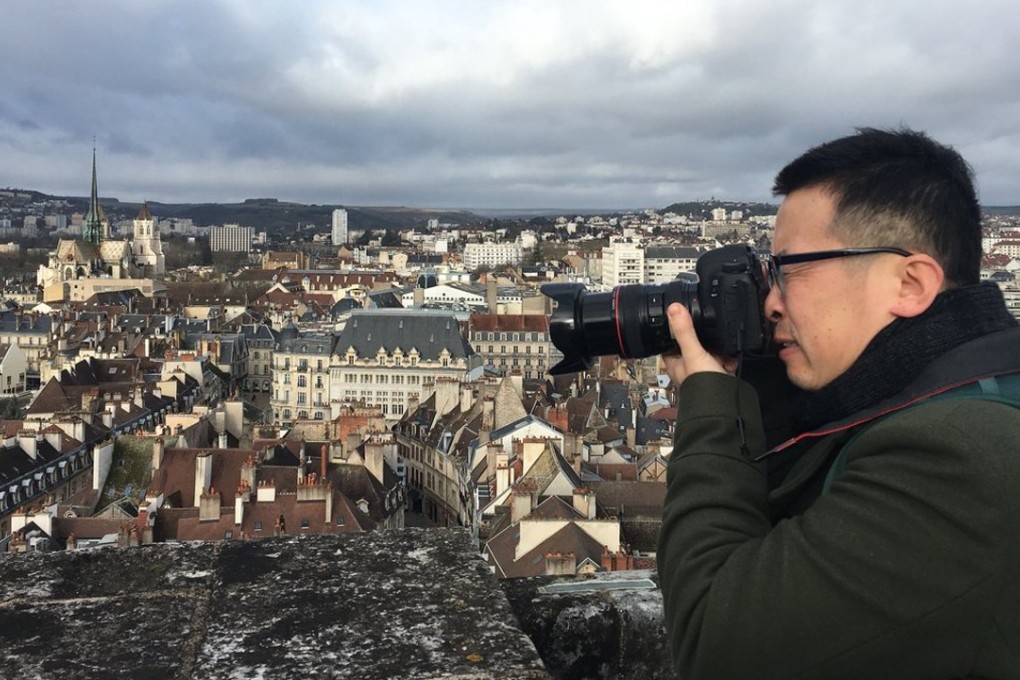France launches ‘operation seduction’ to woo more Chinese tourists with cashless payments, KOLs and influencers
Only two per cent of visitors to France are from China; to change this, regional tourism boards are pulling out the stops, signing deals with Chinese mobile payment platforms and inviting influencers to visit

When right-wing French politician Valérie Pecresse visited China in June, she was promoting the Greater Paris region on a campaign trail with stop-offs including Beijing, Hangzhou and the Great Wall.
Pecresse, president of Île-de-France for the Republicans party, had deemed it unacceptable that Chinese accounted for only about 2 per cent of the 40 million tourists visiting the capital and its suburbs in 2017.
She vowed to introduce measures to woo Chinese tourists – most of them digital: a full roll-out of mobile payment solutions Alipay and WeChat Pay, to ensure a “100 per cent cashless journey by the end of 2018”; pocket Wi-fi solutions; and a partnership with Chinese retail giant Alibaba (owner of the South China Morning Post), to create a Paris region portal on its online travel platform, Fliggy.
French-language magazine Capital described the initiative as “a full-on opération séduction” of the Chinese – and it’s one that has spread nationwide as France aims to woo five million Chinese tourists a year by 2020.

Yet technical innovations are not all the authorities have at their disposal. From the southwestern Dordogne region to the Auvergne-Rhône-Alpes in the southeast, local tourism boards and attractions are also hoping to get a big boost with the help of Chinese travel bloggers and influencers.
Newspaper headlines have pronounced their messiah-like coming with euphoric exclamations such as: “Dordogne: One of the most influential Chinese bloggers visiting the Lascaux and Grand Roc caves” and “A highly influential Chinese tourism blogger visiting Perigord”.